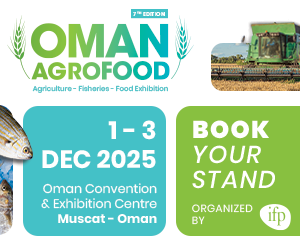The United Arab Emirates has showcased its latest innovations in rain enhancement and environmentally friendly cloud seeding during an international webinar hosted by the UAE Research Programme for Rain Enhancement Science (UAEREP).
Now in its 12th edition, the Rain Enhancement Hub Webinar Series focused on the theme “Design and Testing of Natural Substance Flare Packaging for Cold Cloud Seeding.” The session featured research from Thai scientist Siripen Somruen of the Royal Rainmaking Technology Research and Development Division, who explored natural, eco-conscious alternatives to silver iodide—commonly used in traditional cloud-seeding practices.
Somruen’s work aims to identify natural materials with strong ice-nucleating properties, suitable for use in cold cloud seeding, to support sustainable and safer weather modification methods.
Dr. Abdulla Al Mandous, Director General of the UAE’s National Centre of Meteorology (NCM) and President of the World Meteorological Organization (WMO), emphasized the importance of innovation in rain enhancement.
“Amid growing pressure on conventional water sources, advancing alternative water solutions like rain enhancement is essential. Through international collaboration, we are investing in long-term water security and environmental stewardship,” he said.
Alya Al Mazroui, Director of UAEREP, highlighted the program’s role in driving sustainable progress.
“Siripen Somruen’s research reflects the critical need to align cloud seeding with environmental responsibility,” she noted. “Our webinar series continues to foster scientific dialogue and promote the real-world application of diverse cloud-seeding methods.”
UAEREP is also supporting cutting-edge research led by Professor Linda Zou, a recipient of its first research cycle and currently Adjunct Professor at Victoria University, Australia. Her team has developed CNST (NaCl-TiO2) nanotechnology-based cloud-seeding materials—making the UAE the first country globally to operationalize these eco-friendly core-shell particles.
Made from naturally safe compounds, these advanced materials have proven highly effective in increasing rainfall under a broader range of atmospheric conditions.
Source: arabianbusiness.com




















































































